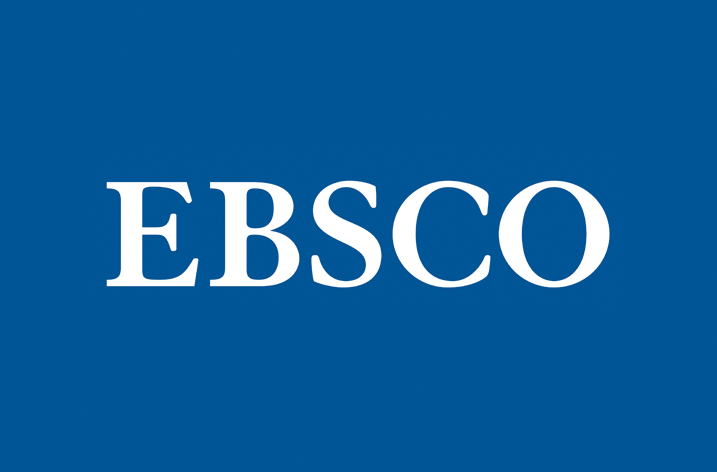
At the MIT Press, we believe that everyone deserves access to scholarship. Our dedication to this mission remains strong as we head into the fourth funding cycle for Direct to Open (D2O), our model for open access monographs. Libraries and consortia can commit to support the program through November 30, 2024.
“Direct to Open is a game changer,” said Amy Brand, Director and Publisher at the MIT Press. “We know that open scholarship benefits authors, readers, and the academy at large. This is why we designed and implemented a new solution that would better serve scholars and the research monographs that are vital to our mission.”
D2O empowers authors so that they can reap the benefits of publishing their work open access regardless of their—or their institution’s—ability to pay a Book Processing Charge. This diamond OA approach has special relevance for Humanities and Social Sciences scholars as well as independent researchers around the globe.
“This is huge for humanities publishing,” said Amanda Wasielewski, Assistant Professor in Digital Humanities at Uppsala University and author of Computational Formalism: Art History and Machine Learning. “We often do not have the funding resources that the natural sciences do for publishing open access and so our books are not as accessible to people outside academia. I’m very grateful my book has been available open access because I think it’s increased my audience tremendously. I have also received messages from grateful students.”
Immediate, un-embargoed access to the latest scholarship puts researchers around the world on a more level playing field and enriches scholarly communication. A greater diversity of perspectives are finally included in the discussion.
“As a group of early-career researchers interested in urban infrastructures, the Flow/Overflow/Shortage (FOS) Research Collective and its online reading group were literally brought together by the intellectual trajectory that The Infrastructural South [a Direct to Open book] follows and advances,” said Moritz Kasper, Doctoral Researcher and Lecturer at Technical University Dortmund and a member of the FOS Research Collective. “Our members have different institutional backgrounds at North American, European, and African institutions, or are independent researchers, so the open access version of the book allowed us to discuss it collectively, across geographies and institutional capacities.”
“For the Indian market, MIT Press books are prohibitively expensive,” said Janaki Srinivasan, Associate Professor at the International Institute of Information Technology in Bangalore, India and author of The Political Lives of Information: Information and the Production of Development in India. “People are very interested in my book in India, where the book is based, so it’s been a blessing to have the open access edition. Several people I met during my talks and at other events in India said they were able to access the book because it was open access.”
With the release of our first-ever Direct to Open impact report earlier this year, we can see clear results from the first three years of the program. Direct to Open books reach larger global audiences and receive more citations than their paywalled counterparts—allowing vital, high-quality scholarship to reach wider audiences in communities that need it most. On average, our open access Humanities and Social Sciences books are used 3.75 times more and receive 21% more citations than their non-open counterparts while our open access STEAM books are used 2.67 times more and receive 15% more citations than their non-open counterparts.
Readers all over the world and across levels of means benefit from immediate access to cutting-edge research. Direct to Open aims to once again make this possible in 2025 with the generous support of our library partners. Participating libraries not only contribute to opening frontlist titles, but they also receive exclusive and tangible local benefits including term access to a backlist collection of over 2,400 titles.
To learn more about Direct to Open and how your library or consortia can participate, please visit mitpress.mit.edu/D2O or contact the MIT Press library relations team at mitp-library-relations@mit.edu.























